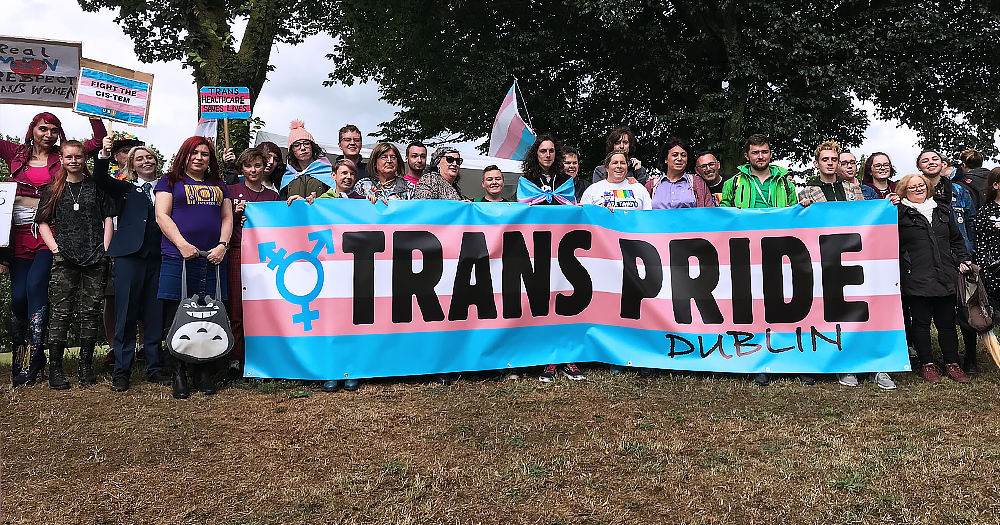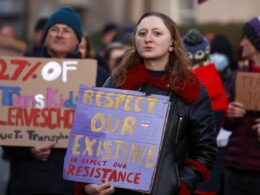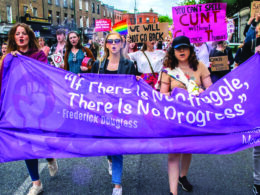By Ollie Bell, co-founder of Trans and Intersex Pride Dublin
Last November, the report of the Gender Recognition Act review revealed that the government wasn’t going to implement non-binary recognition or gender recognition for under-16s. The only real change that the review promised was that young people aged between 16 and 17 would now be able to get gender recognition through self-declaration with parental consent.
The review stated that the Minister for Employment Affairs and Social Protection would commission research with the Minister for Children and Youth Affairs to examine the issues of concern relating to gender recognition for under 16s. Along with that, the report also mentions that an interdepartmental group has been established to carry out an impact analysis study and will submit a report the government by the end of 2020 in relation to non-binary gender recognition. There is also no mention of intersex recognition in the report.
A system that doesn’t care
While many LGBTQ+ groups were disappointed with this report, it is unsurprising that the government is refusing to legalisate for non-binary, under-16s and intersex recognition. This is also a government that refused to hold a referendum for repealing the eighth amendment until the pressure from the grassroots pro-choice movement forced them to do so. This is a symptom of a system that doesn’t care about the rights of trans people. This is the same system that places trans people on waiting lists for three years or more before they can access hormone replacement therapy (HRT).
Gender recognition based on self-determination is needed to ensure that all trans people get access to the services that they need without trouble. For trans people under 16, not having gender recognition means that they face challenges in education. This can effect the trans person’s mental health negatively. Non-binary people are forced to pick between male or female in relation to their birth certificate and passport, and this means that often access to services like healthcare and education can be difficult. Intersex recognition would mean that intersex babies could be protected against normalising surgeries, as doctors wouldn’t be forced to put down male or female on their birth certificates.
A movement from below
Young trans people, non-binary people and intersex people were left behind when the Gender Recognition Actfeasible first introduced in 2015 and they are now being told to wait even longer for the government to catch up with the opinions of ordinary people. With 2,000 people marching in Trans Pride Dublin 2019, there is a growing, radical trans movement and sentiment in Ireland. Marriage equality and repeal weren’t won by lobbying and waiting for the political establishment to hand over these rights, they were won by a movement of women, LGBTQ, young and working-class people from below.
The movement that we need to win gender recognition for all – and trans rights more broadly – is one that is militant, anti-capitalist and grassroots.












